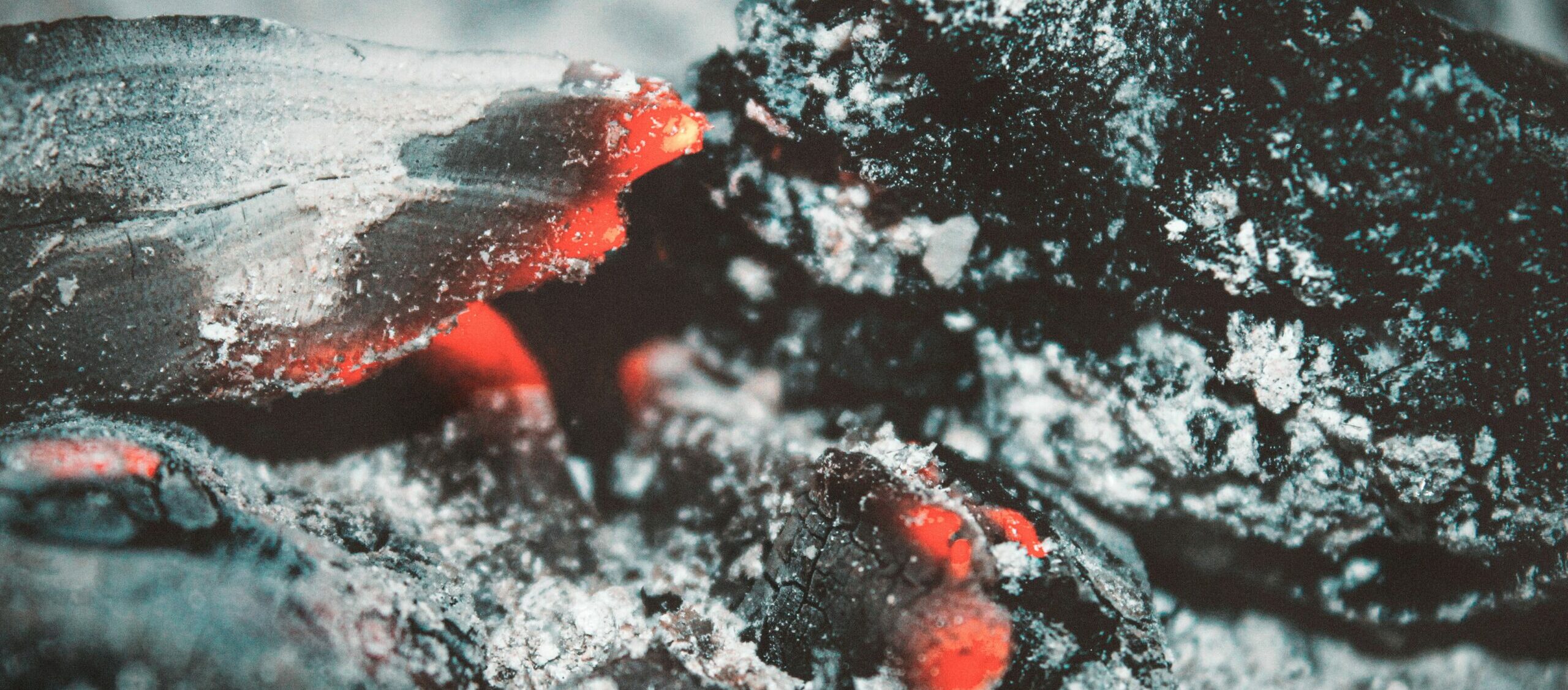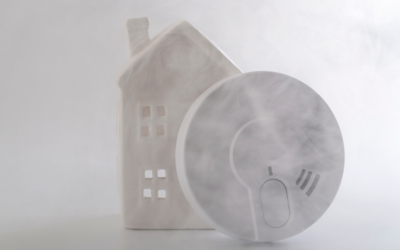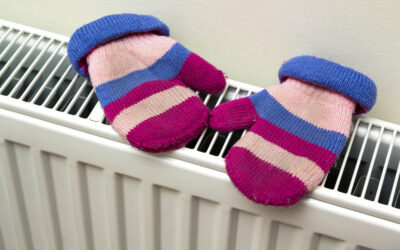Fall and Winter are wonderful seasons: With them come the holidays, traveling to see family, delicious food, presents, etc. However, these are also seasons in which you must be watchful and take specific actions to remain safe.
With words like “watchful” and “safe”, you might be wondering what we’re referring to. We’re referring to carbon monoxide.
If your furnace burns natural gas or propane, there’s always the possibility that you could experience carbon monoxide poisoning. And because most people run their furnaces a lot in Fall and Winter, these seasons require that business owners and homeowners be watchful and take certain actions.
We invite you to keep reading to learn more!
What’s Carbon Monoxide?
Carbon monoxide (CO) is a colorless, odorless, tasteless gas or liquid. That means, without a CO detector, it’s pretty much undetectable.
Causes of Carbon Monoxide Poisoning
With HVAC systems, CO poisoning occurs for a few reasons. One major reason is a leaking furnace. This happens because holes and cracks develop in your heat exchanger.
Another reason is back-drafting. This occurs when the flue of your furnace isn’t properly fitted, is blocked, has a hole or crack in it, etc. A flue is basically a metal or PVC chimney for your furnace; Its job is to provide a path for CO to get outside, in the same way, a chimney provides a path for smoke.
In both cases above, CO poisoning occurs when it is blocked from getting outside or escapes from a place it shouldn’t. Also, in both cases, you NEED a professional HVAC technician to inspect or fix the issue.
How Carbon Monoxide Affects Your Health
Depending on the amount of CO you’re exposed to, the effects will differ.
If you’re exposed to a low amount, you will feel either very tired or chest pain.
If you’re exposed to a high amount, you’ll experience these things: have a hard time seeing, suddenly feel like you can’t breathe, headache, you’ll be less coordinated and confused, dizzy, nauseous, and feel like you have flu.
And you’ll find that when you leave your house, the feeling that you have flu will go away. Then it will come back when you return home. If you experience these symptoms, leave your home and call 911. Once you’ve been checked out, call an HVAC company to assess and repair your system.
Getting The Right Carbon Monoxide Detectors
With all that we’ve covered so far, we think you see the importance of getting a carbon monoxide detector! But it’s important to remember that not all CO detectors are created equal. The EPA recommends that you purchase a CO detector that has been certified by the Underwriters Laboratories.
You’ll be able to recognize them because they’ll have a “UL” mark alongside this phrase: Single Station Carbon Monoxide Alarm. These detectors will sound a loud alarm if they ever detect a dangerous amount of CO in your home. Not all detectors have this sound alarm feature, so the EPA recommends UL-certified ones.
If you already have one or more CO detectors in your home, we suggest that you test and perform maintenance on them based on their instruction manuals: Do things like clean them and check their batteries.
Where To Put Your Carbon Monoxide Detector
If you have a multi-story home, we recommend placing a CO detector near the bedrooms or sleeping areas of each floor. And, of course, be sure to follow the installation instructions in your instruction manual!
Besides getting a carbon monoxide detector, we also recommend having an HVAC professional look at your furnace once a year! With their special equipment and know-how, they can assess your system for issues and repair them; that way, you avoid danger.
If you’re in Northwest Arkansas or Northern Texas, call Absolute Heat & Air! We’ve been providing excellent service to our customers for 15+ years. To contact us, click here.




